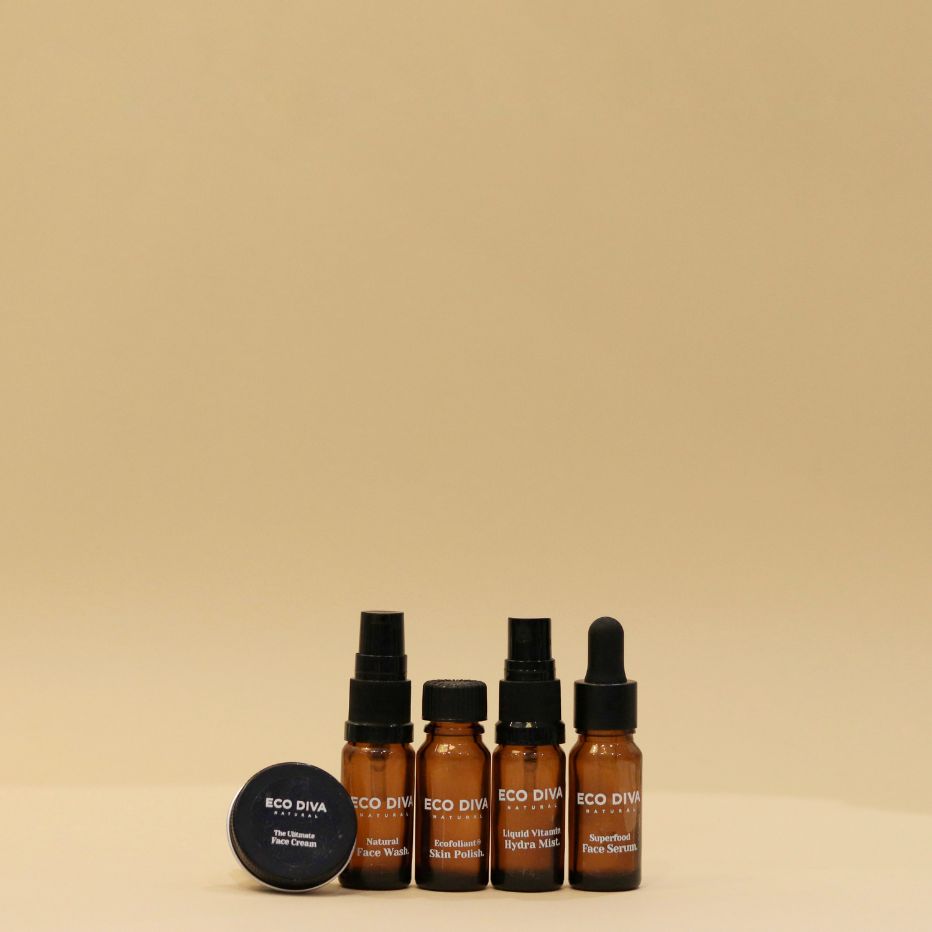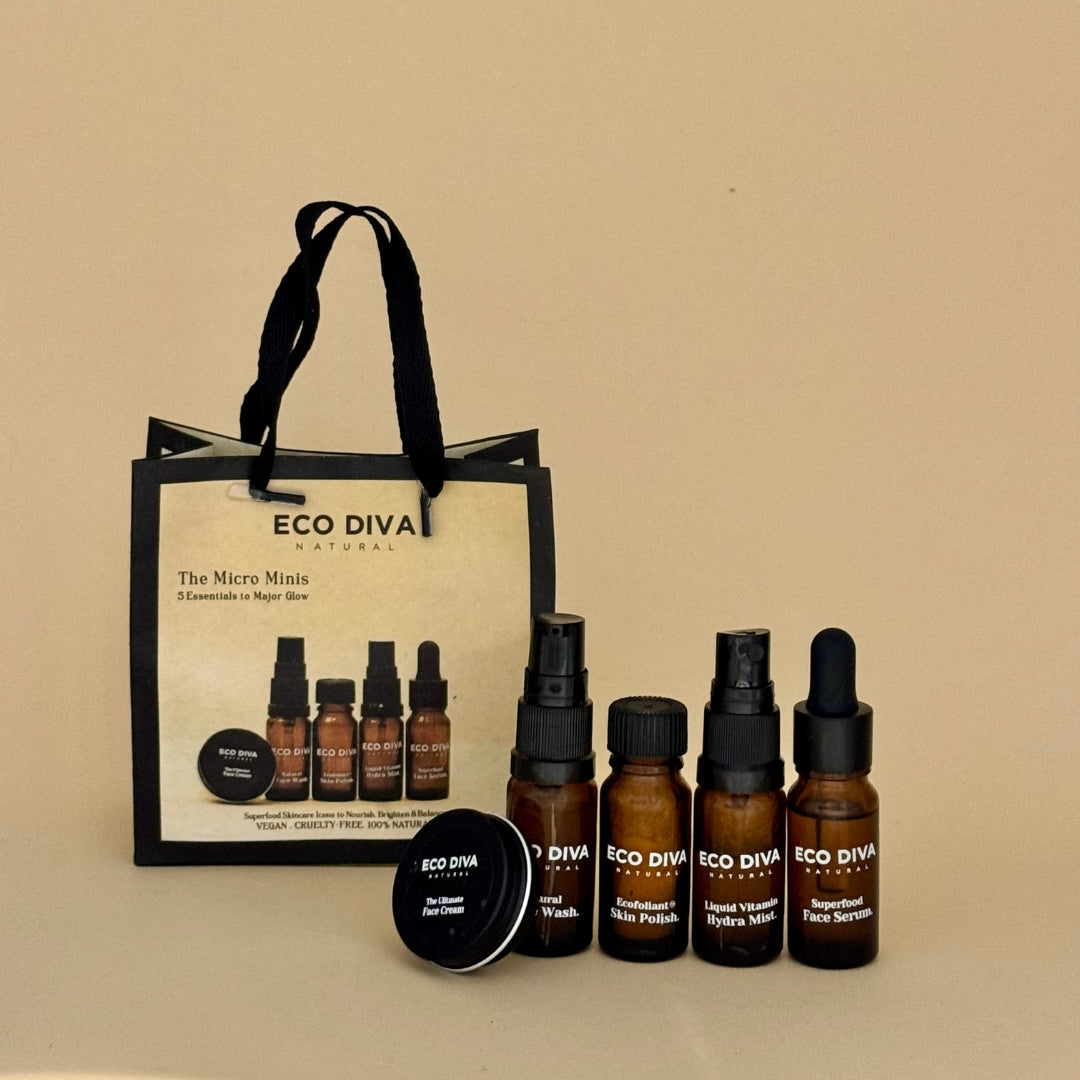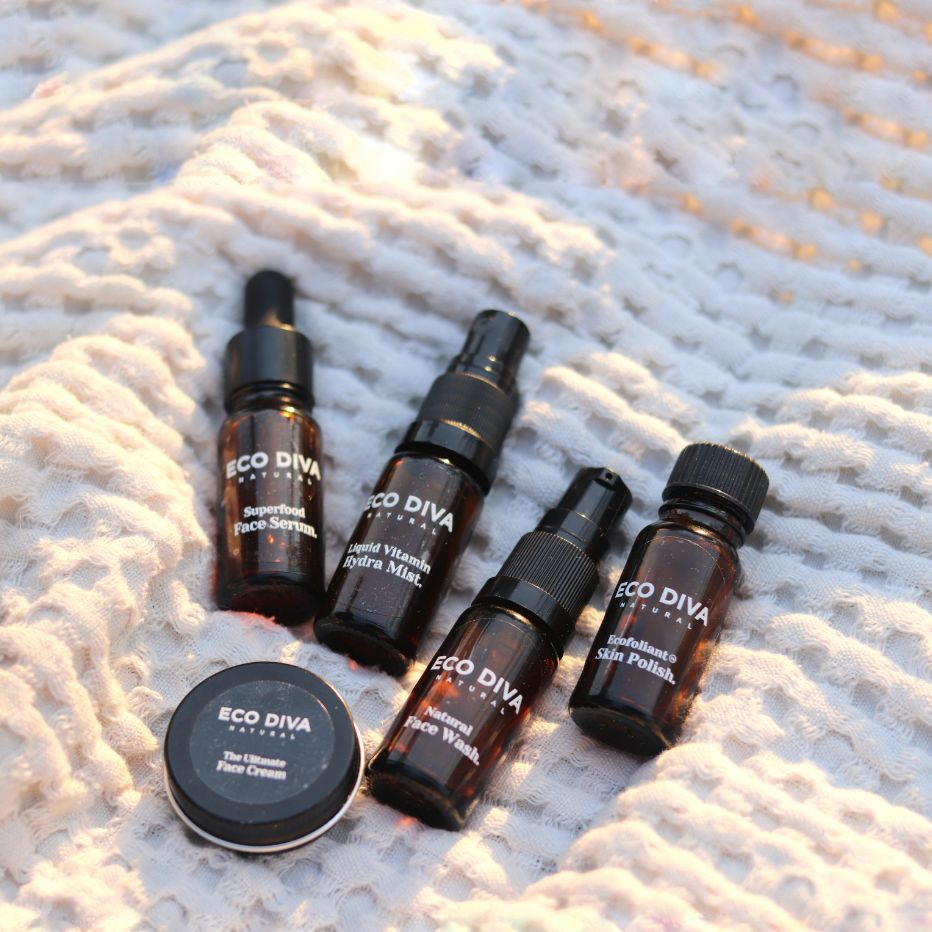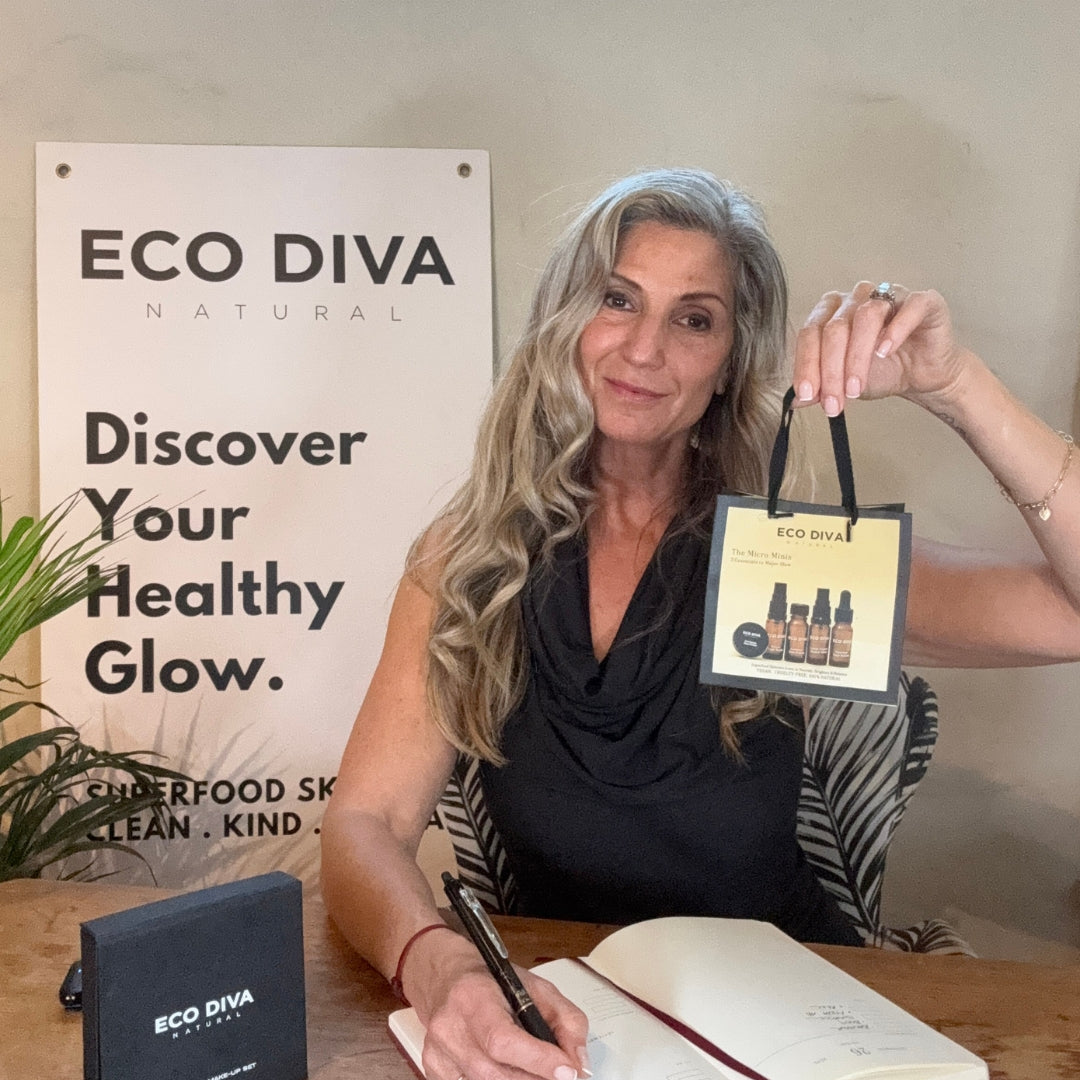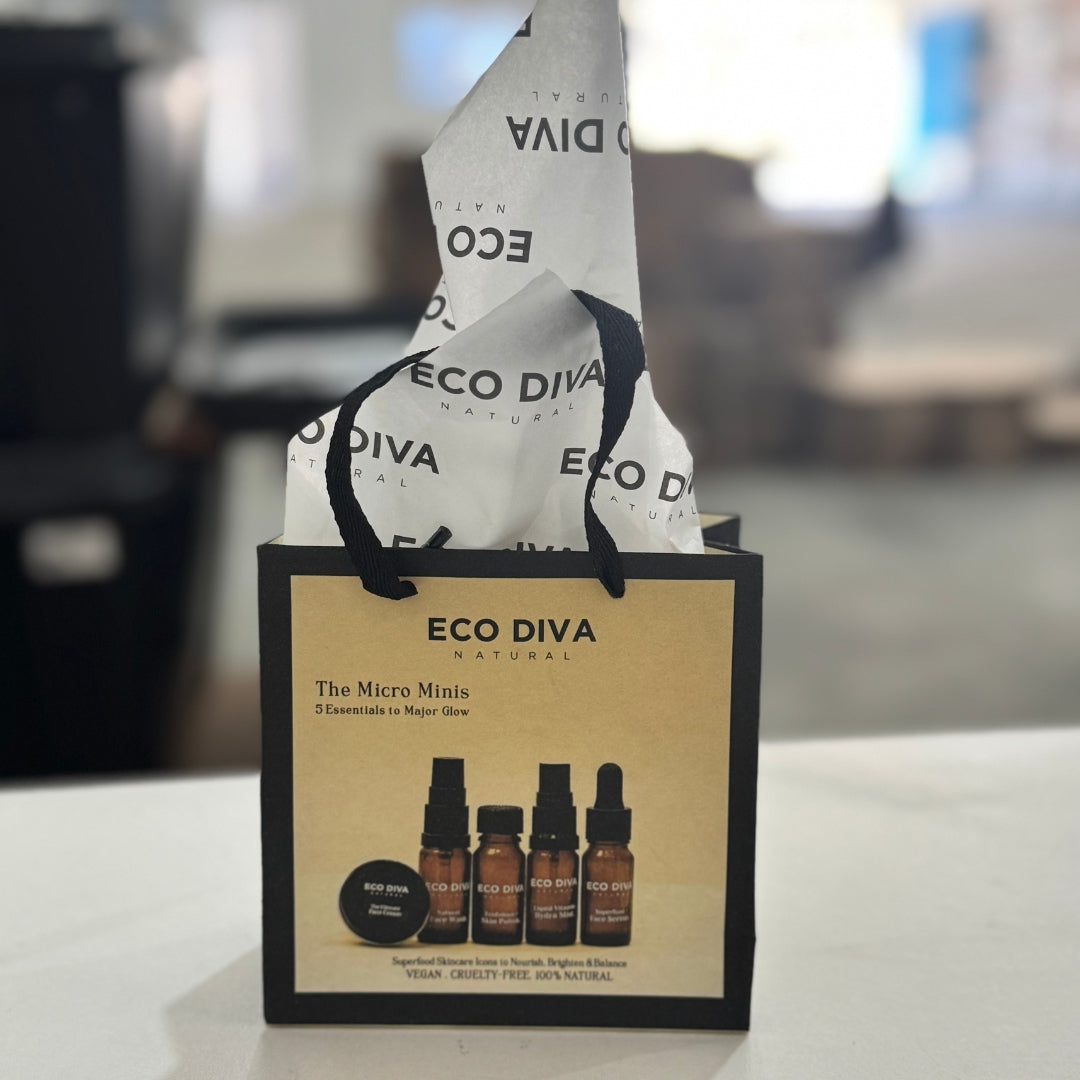Let’s chat menopause, a subject that many keep to themselves. A subject that has been shrouded in shame for many years, making people feel uncomfortable in their own skin, sometimes crazy in their heads and often feeling very alone. I’m here to tell you that you are not alone and help is always available if you reach out and start a conversation. A mid-life crisis, or ‘change’ as I prefer to call it, is something that I turned from shock and shame to celebration. A celebration that I’m still here, I’m still standing. I’m still alive. And I made the decision to make this next chapter of my life, the best chapter. A time that has brought me to my true self confidence and allowed a certain grace to enter my life. I discovered holistic wellness like never before.
Menopause marks a significant transition in a woman's life, often accompanied by various physical and emotional changes. This period, typically occurring between ages 45 and 55, brings about shifts in hormone levels that can lead to symptoms such as hot flashes, mood swings, and sleep disturbances. I suffered with all 3 and they were intense.
While Hormone Replacement Therapy (HRT) has been a traditional solution, many women are exploring natural techniques to balance their hormones. Additionally, lifestyle choices—what we eat, drink, apply to our skin, and how we manage our mental and emotional health—play a crucial role in navigating this stage with grace and vitality.
Hormone Replacement Therapy (HRT) vs. Natural Techniques
HRT has long been used to alleviate menopausal symptoms by replenishing estrogen and progesterone levels. It can be highly effective in reducing hot flashes, preventing bone loss, and improving sleep quality. However, HRT is not without risks, including an increased likelihood of breast cancer, blood clots, and heart disease. These concerns have led many women to seek natural alternatives.
I decided to go the natural route that focuses on lifestyle modifications and holistic approaches to manage menopausal symptoms and navigating this strange terrain certainly got me through the worst of it. Not only without side effects, but gave me a deeper understanding of how this life transition is not something to be scared of, or sad about, but rather something to embrace, to feel confident and strong physically, emotionally and mentally.
Here are some of the techniques I adopted that really made this transition an incredible learning experience that I hope will help others going through this remarkable life change.
1. Diet and Nutrition: Consuming a balanced diet rich in phytoestrogens, such as soy products, flaxseeds, and whole grains, can help mimic the effects of estrogen. Incorporating plenty of fruits, vegetables, lean proteins, and healthy fats ensures that the body receives essential nutrients to support overall health and hormonal balance.
2. Herbal Supplements: Black cohosh, red clover, and evening primrose oil are popular herbal remedies known to alleviate menopausal symptoms. However, it's crucial to consult a healthcare professional before starting any supplement regimen. I also found A.Vogel Menoforce Hot Flush and Night Sweat Remedy to be a total game-changer. But bear in mind this is not a quick fix and only kicks in after about 4 weeks of use, so persevere, hang in there - https://www.avogel.co.za/products/herbals/menoforce/
3. Exercise: Regular physical activity, particularly weight-bearing and aerobic exercises, can help manage weight, reduce stress, and improve sleep. Exercise also boosts endorphin levels, enhancing mood and overall well-being. Getting into nature regularly like walks in the forest, forest bathing, beach walks and trail hikes can do wonders for the hormones.
4. Mind-Body Practices: Techniques such as yoga, meditation, and mindfulness can reduce stress and improve emotional resilience. These practices promote relaxation and helped mecope with the psychological aspects of menopause.
The Impact of Diet and Hydration on Hormones
What we eat and drink profoundly impacts hormone levels. I can’t stress this enough. A strong focus on gut health has been one of the most enlightening and life-altering things I’ve done to date.
Hydration: Staying well-hydrated is essential for maintaining energy levels and aiding in the body's natural detoxification processes. Aim for at least eight glasses of fresh spring or filtered water a day, and consider herbal teas like chamomile or peppermint for their calming effects on the nervous system.
Balanced Diet: Focus on whole foods like organic veg and fruits, nuts, seeds and grains. Bring in the rainbow of colours into your diet daily. Avoid processed items high in sugar and pre-packaged foods like cereals, energy bars, crisps and other snacks that can wreak havoc on our gut health. Also avoid unhealthy fats, which can exacerbate hormonal imbalances. Rather opt for Omega-3 fatty acids found in fish, flaxseeds, and walnuts that are particularly beneficial for their anti-inflammatory properties as our body goes through the changes.

Sugar and Caffeine: Reducing sugar and caffeine intake can help stabilize blood sugar levels and reduce anxiety and mood swings. Opt for green tea, which contains antioxidants and a lower caffeine content, as a healthier alternative. Or stick to one cup of delicious coffee per day, but no more.
Skincare and Hormonal Balance
The skin is our largest organ, and what we apply to it can affect our hormones. Skin is a transdermal carrier of either toxins or nutrients into our entire system. Many skincare products contain endocrine-disrupting chemicals like parabens and phthalates, which can interfere with hormonal function. Get to know your skincare and personal care labels to ensure you are in charge of your hormonal health at all times.
Natural Skincare: Choose products with natural ingredients and free from harmful chemicals. Look for labels that say paraben-free, phthalate-free, and organic. Also look for skincare products that offer more than just toxin-free, ones that add nutritional value through your skin, like superfoods, antioxidants and vitamins. https://ecodiva.co.za/
Hydration and Moisturization: Keeping the skin hydrated is crucial during menopause, as hormonal changes can lead to dryness and skin breakouts. Natural oils such as coconut, argan, and jojoba are excellent for moisturizing the skin without harmful additives.

Mental and Emotional Wellness
Mental and emotional health is just as important as physical health during menopause. Hormonal fluctuations can lead to mood swings, anxiety, and depression. Have at least 3 tools in your daily routine that allow you to re-balance from stress instantly. Tools like a 5 minute breath work meditation, a refreshing facial mist that reminds you that you’re ok, a full body stretch. Anything that will get you back to calm and relaxation.
Stress Management: Engage in activities that reduce stress, such as mindfulness meditation, deep breathing exercises, or hobbies that bring joy and relaxation.
Support Systems: Surround yourself with supportive friends and family. Consider joining support groups for women going through similar experiences to share tips and offer mutual encouragement. This really helps to know that everyone goes through this change and we can support each other.
Professional Help: Don’t hesitate to seek professional counseling or therapy if feelings of anxiety or depression become overwhelming.
Mindfully Understanding Natural Body Changes
Understanding and accepting the natural changes that come with menopause is crucial. Here are some tips to approach this transition mindfully:
1. Education: Educate yourself about menopause and its symptoms. Knowledge empowers you to make informed decisions about your health and wellness.
2. Self-Compassion: Practice self-compassion and patience with your body as it undergoes changes. Celebrate the wisdom and experience that come with age.
3. Routine Check-ups: Regular visits to your healthcare provider can help monitor your health and address any concerns promptly.
4. Personalised Plan: Develop a personalised wellness plan that incorporates diet, exercise, mental health practices, and skincare tailored to your needs and preferences.
So, balancing hormones through menopause is a multifaceted approach that includes both natural techniques and, when necessary, bio-identical HRT creams. By paying close attention to diet, hydration, skincare, and mental health, it’s healthier to navigate this transition with greater ease and confidence. Embracing these changes mindfully and holistically can lead to a healthier, more vibrant life during and after menopause.












